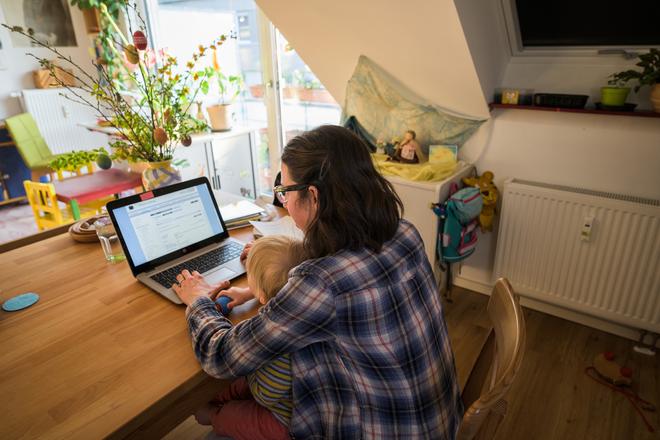This article was published in theCareer & Employment Guide 2021, our special annual publication focused on the labour market, human resources and education.
The legislative changes on remote work are the most discussed but not the only ones that came into force the past year in response to the new situation the pandemic created in the labour market.
 Explore Slovak labour market and human resource trends (for more details visit shop.spectator.sk)
Explore Slovak labour market and human resource trends (for more details visit shop.spectator.sk)
The Slovak Spectator spoke with Lívia Miklenčičová and Matúš Kočíšek, associates at the law firm Kinstellar Bratislava; Radoslava Lichnovská, expert in labour law at the TaylorWessing law firm; Dušan Nitschneider, partner at the Nitschneider & Partners law firm; and Silvia Beňová, junior associate at the Noerr Slovensko law firm, about the latest changes in labour legislation and the most frequent problems of clients.
The Slovak Spectator (TSS): Which latest changes in labour legislation, except those related to home office, do you consider the most important and why?
Lívia Miklenčičová (LM): There are two: operation of trade unions and the employees’ right to choose between meal vouchers and financial contribution.
An employer must allow the operation of trade unions only if its members are actually employed by the employer. This may be a significant relief for employers who have been ‘harassed’ in the past by the questionable practices of marginal groupings who labelled themselves as trade unions. The recent changes have also introduced a specific dispute resolution process.
The new right to choose between meal vouchers and cash applies to employees whose employers do not provide meals in their own canteens or at another, contractual, catering facility, and employees who already receive financial contribution for meals. As of January 1, 2022, meal vouchers will have to be provided only in electronic form. This does not apply only in cases where the use of an electronic meal voucher during a work shift at the workplace or near the workplace is not objectively possible.
Radoslava Lichnovská (RL): We welcome the fact that the new legal regulation of employee meals has weakened the business model of meal voucher issuers, the benefits of which are more than questionable. As far as the final version of the new legislation is concerned, employees are the clear winners because each individual employee will be entitled to choose between meal vouchers and a direct meal allowance. The new legislation is not optimal for employers, as it may create more red tape for them. We appreciate the legislative changes concerning the method of calculating the minimum wage and the wage claims based on the minimum wage, which are unpopular among employees but necessary during the pandemic crisis and the related economic ecession.



 The change in the arrangement of home office is overestimated, said some lawyers (source: DPA/TASR)
The change in the arrangement of home office is overestimated, said some lawyers (source: DPA/TASR)